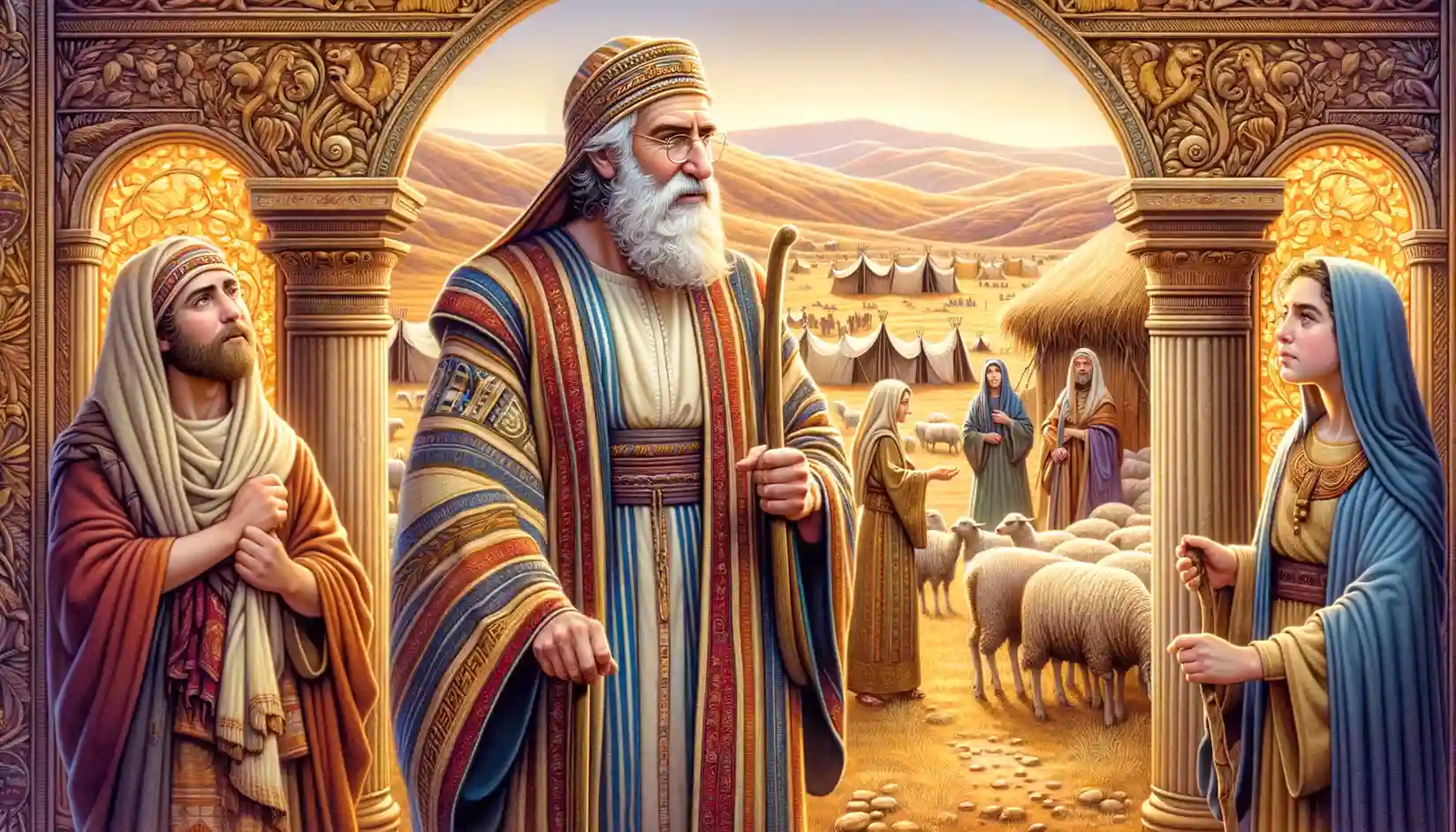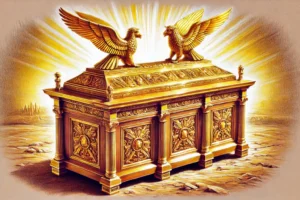
Who are Zipporah’s parents?
Zipporah, the wife of Moses, is introduced in the Book of Exodus. She is one of the seven daughters of Jethro, also known as Reuel, a priest of Midian. The Midianites were descendants of Midian, a son of Abraham and Keturah, thus situating Zipporah within the broader Abrahamic lineage.
Jethro’s Role
Jethro is a significant figure in the narrative of Moses. As a priest of Midian, he holds a prominent religious position among his people. His role extends beyond his priestly duties as he becomes a mentor and advisor to Moses. Jethro’s wisdom and hospitality are evident when Moses, fleeing from Egypt after killing an Egyptian, finds refuge in Midian. Jethro welcomes him, and Moses eventually marries his daughter Zipporah.
Family Dynamics
The relationship between Moses and Jethro is multifaceted. Initially, Jethro provides Moses with sanctuary and integrates him into his family by offering Zipporah’s hand in marriage. This act signifies a deep bond and mutual respect between Moses and Jethro. Later, Jethro’s advice to Moses on delegating responsibilities (Exodus 18) showcases his influence and the trust Moses places in him.
Zipporah’s Influence
Zipporah’s own role, while less prominent than her father’s or husband’s, is still significant. One notable incident is in Exodus 4:24-26, where Zipporah circumcises their son to save Moses from a divine threat. This act underscores her commitment to Moses and their shared faith in God, despite her Midianite background. It also highlights the intersection of different cultural and religious practices within their family.
Lack of Maternal Mention
The Bible does not provide the name of Zipporah’s mother, focusing instead on her father’s role and influence. This absence is not uncommon in biblical narratives, where genealogies and stories often emphasize paternal lines. However, Jethro’s prominence compensates for this lack, as his interactions with Moses are pivotal to the story.
Jethro’s Counsel
Jethro’s visit to Moses after the Exodus (Exodus 18) is a crucial moment. Observing Moses’ leadership over the Israelites, Jethro advises him to appoint capable men to assist with the burden of leadership. This advice not only eases Moses’ workload but also introduces a more structured system of governance among the Israelites. Jethro’s counsel is a testament to his wisdom and foresight, further solidifying his importance in Moses’ life and leadership.
Cultural and Theological Significance
The alliance between Moses and Jethro represents a harmonious relationship between the Israelites and the Midianites, highlighting themes of hospitality, wisdom, and interfaith cooperation. Jethro’s recognition of God’s power and his subsequent offerings and worship (Exodus 18:12) also demonstrate the influence of Moses’ faith on those around him, including his extended family.
Conclusion
Zipporah’s parentage, specifically her relationship with her father Jethro, enriches the narrative of Moses and provides insights into the social and familial dynamics of the time. Jethro’s role as a mentor and advisor to Moses underscores the importance of wisdom and counsel in leadership, while Zipporah’s actions reflect her significant, albeit understated, influence. This familial connection between Moses and Jethro adds depth to the biblical story, illustrating the blending of different cultural and religious traditions within the early history of the Israelites.



